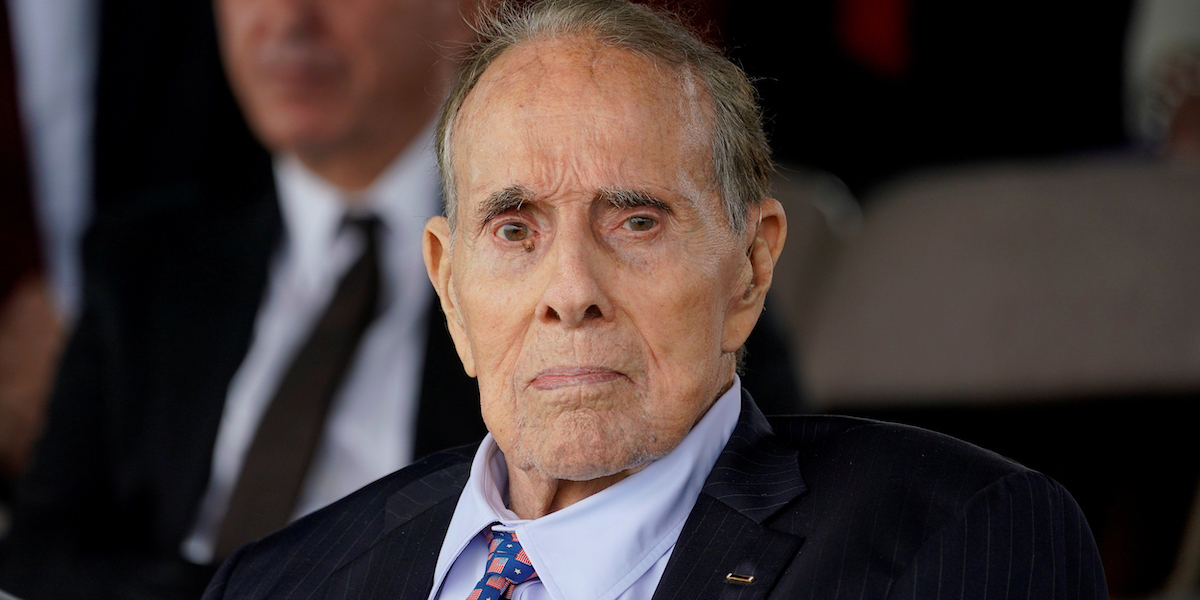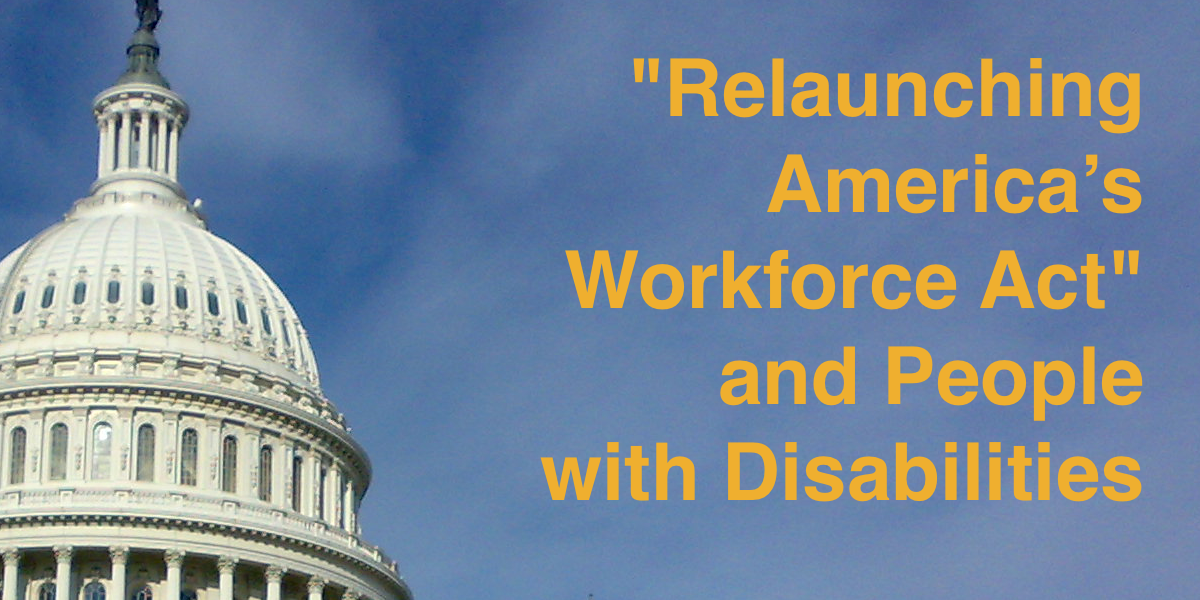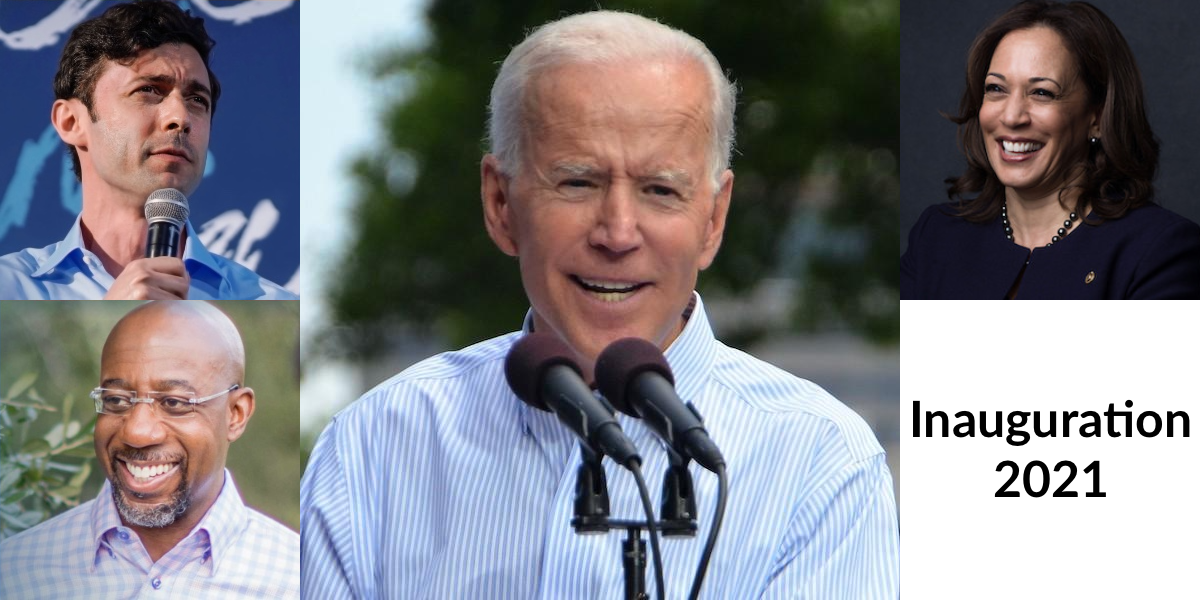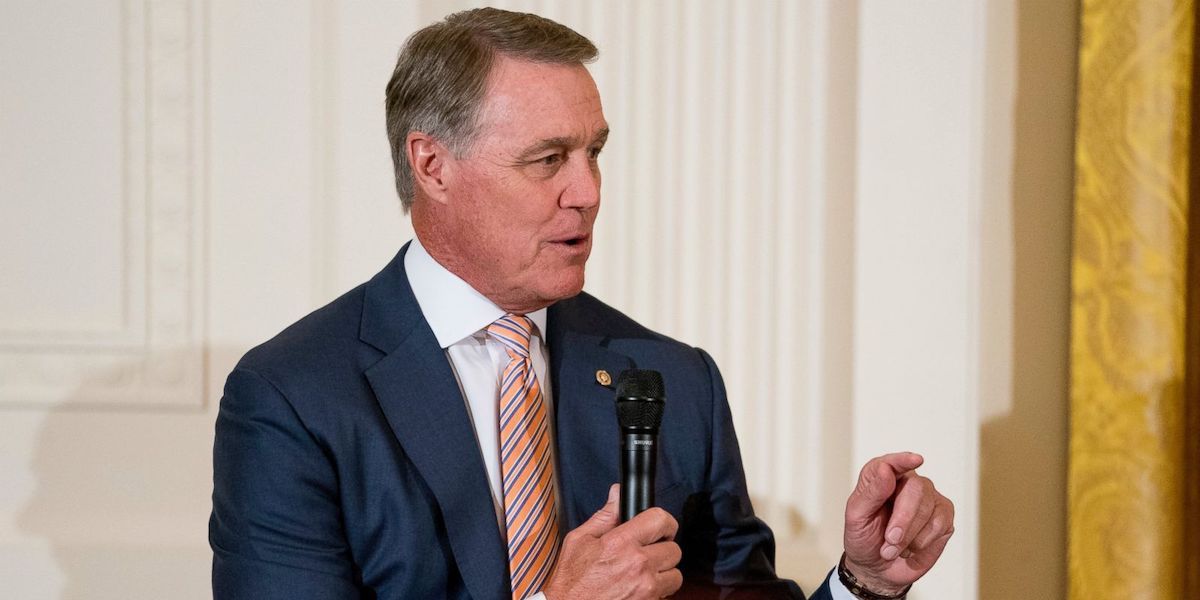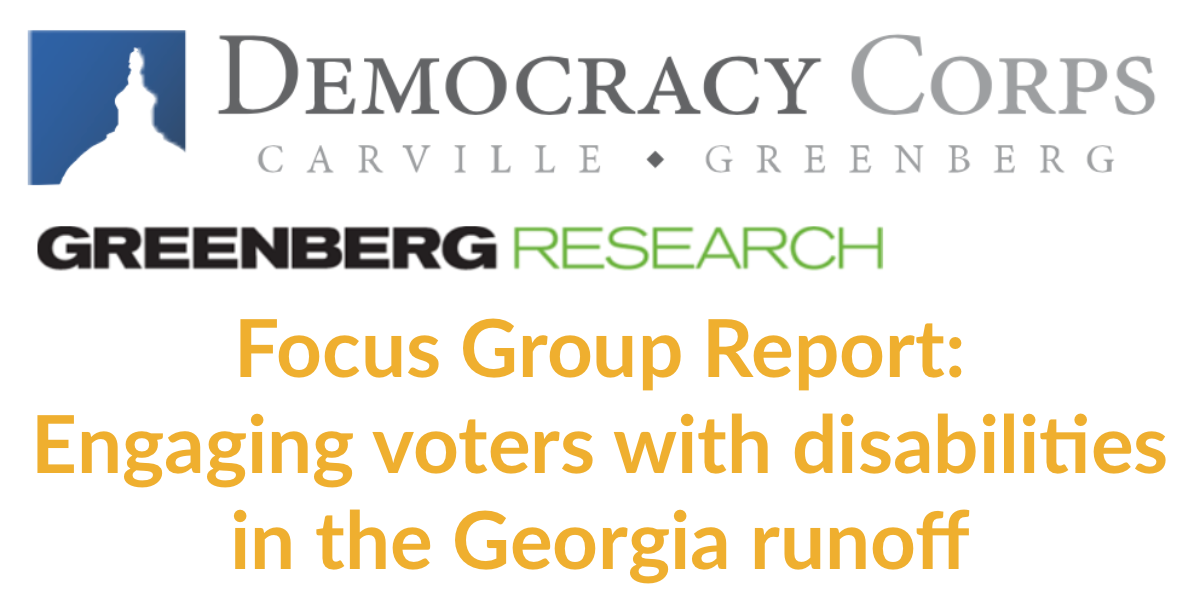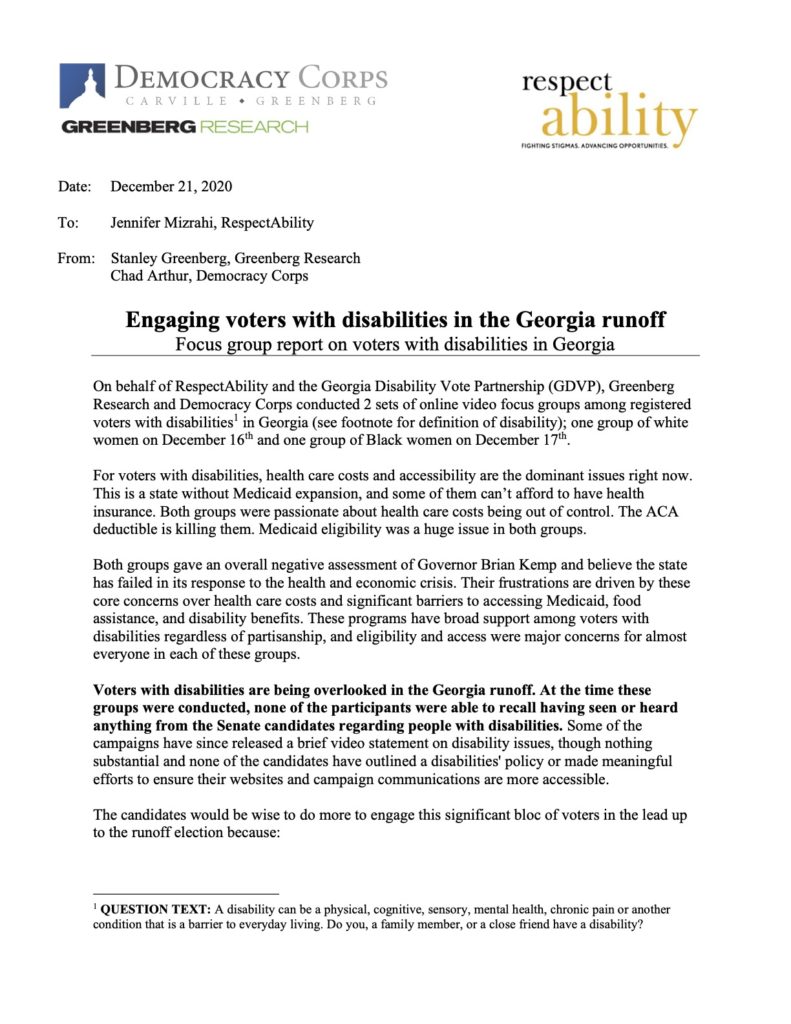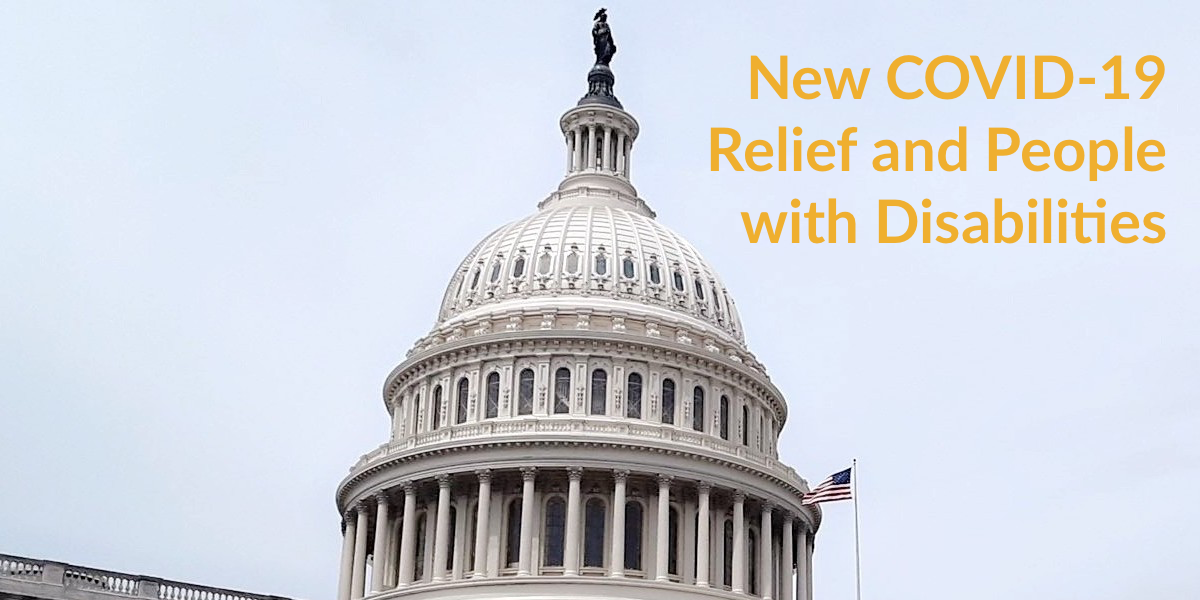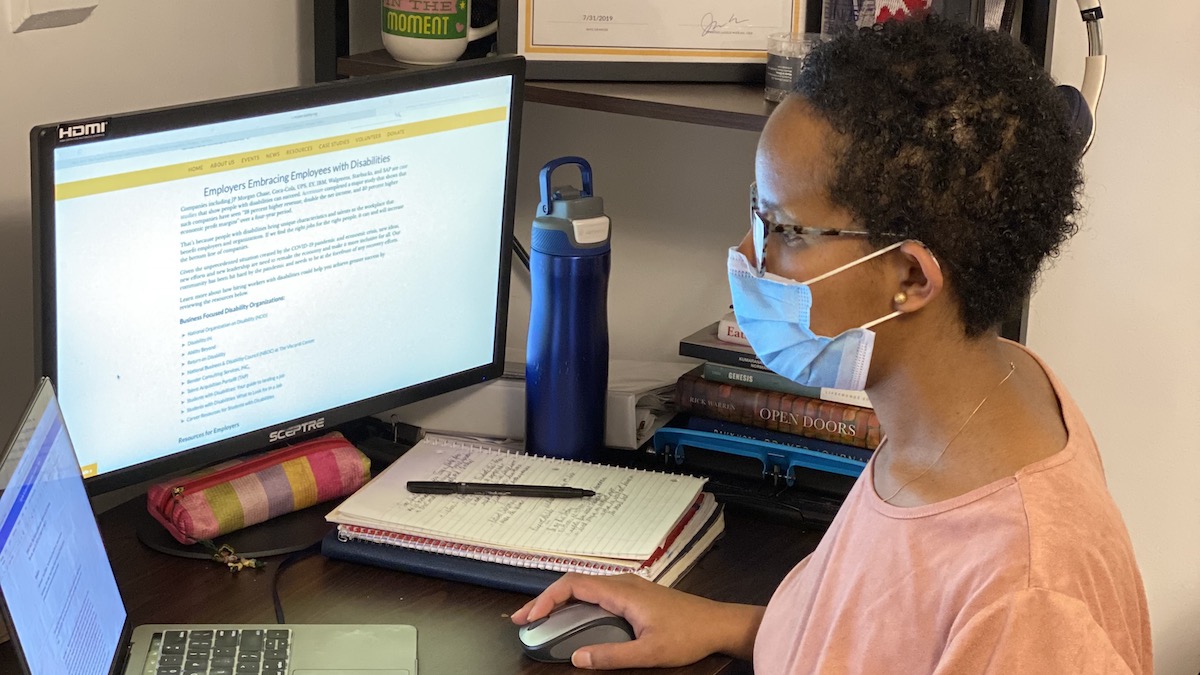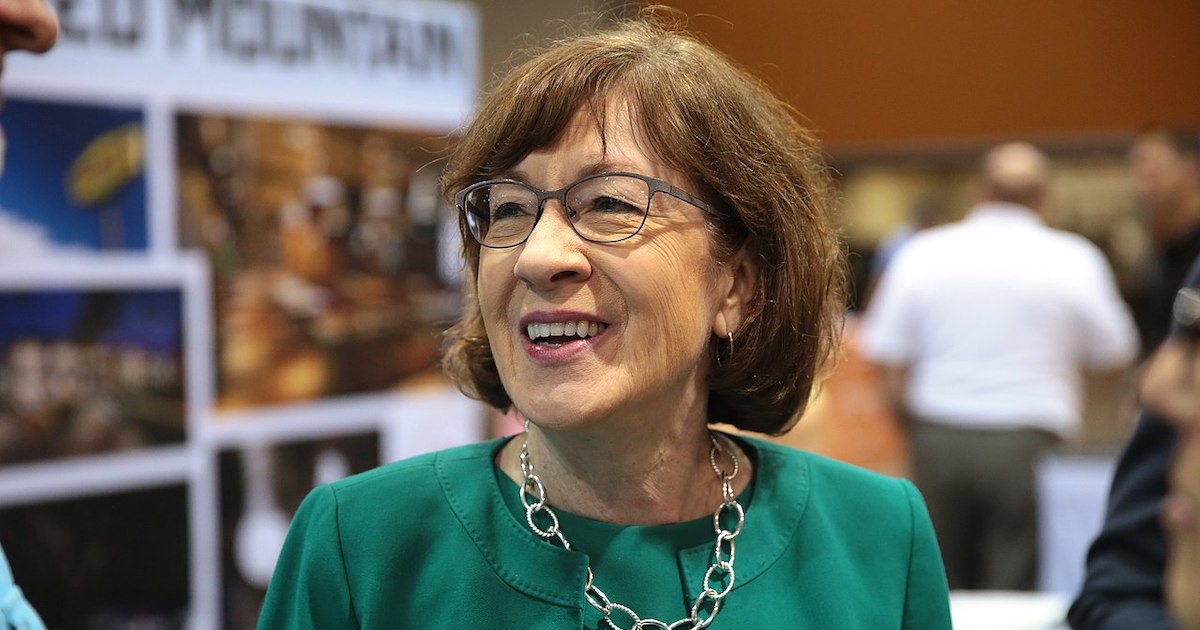Washington, D.C., Feb. 25 – Last week, former Senator Bob Dole announced that he had been diagnosed with stage four lung cancer. A one-time GOP presidential candidate and long-time advocate for bipartisan solutions, Dole has been a fixture of Washington, D.C. since he was first elected to the Congress in 1960. Throughout decades of public service, he consistently championed many of the key issues impacting millions of people living with disabilities. He did so both as an ally, and someone who became a person with disabilities in combat during World War II.
A farm kid from Kansas, Dole enlisted in 1942 and soon was selected to be commissioned as an officer. In 1945, while serving with the 10th Mountain Division in Italy, Dole was wounded by German machine gun fire. He was paralyzed by wounds in his shoulder and with a fractured vertebra in his neck. The wounded Kansan would have to wait nine hours in the freezing cold before he could finally be evacuated to a field hospital. Dole survived with his right arm permanently immobilized and had a long road to recovery that eventually included years of rehabilitation. Like so many people who acquire disabilities, Dole had to relearn key skills and improvise new ways of doing tasks. Because of the impairment in his arm, Dole taught himself to write with his left hand.
